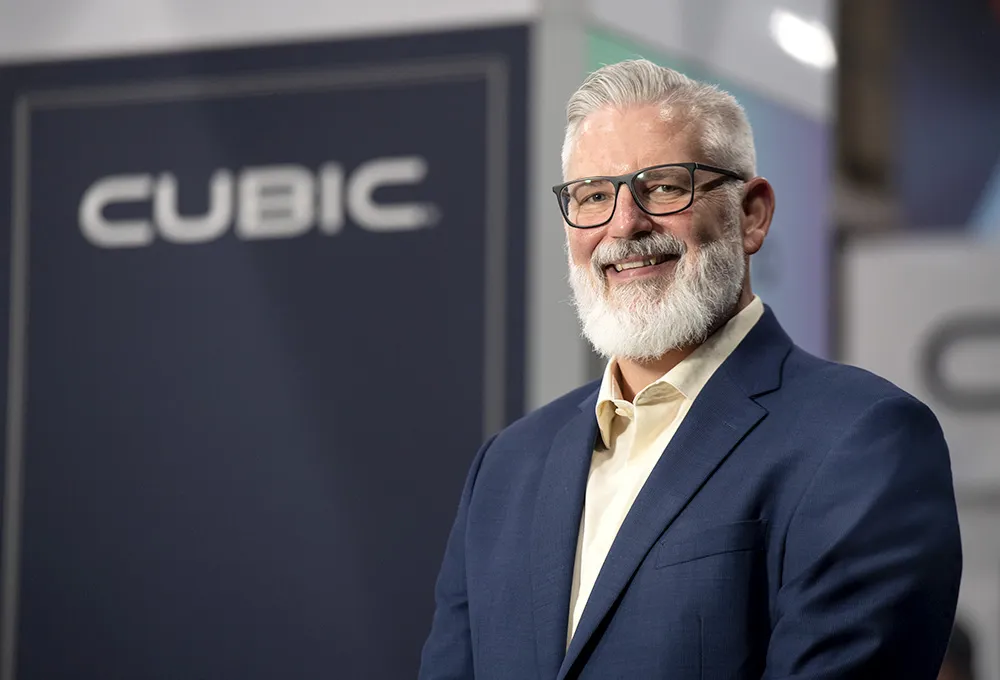A community has to have 5G in order to be a smart community, which means having a regulatory environment which is conducive to investment.
This was among the key messages at 5G and Self-Driving Vehicles: A Policy Roadmap at this week’s Consumer Electronics Show 2019 in las Vegas, US.
John Godfrey, senior vice president, public policy, at
“A way to improve to improve the safety of streets in a smart community is to allow 5G enabled sensors along the roadways for traffic management, and connected vehicles which are sharing information with each other and with the road system through cellular spectrum,” Godfrey added.
Takedra Mawakana, chief external officer at
However, she explained that cities are worried about how to plan for the next ten years if we have self-driving cars.
“Will this technology be deployed on buses and railway and if so how does the city think about the urban environment and rural areas, because all of a sudden you don’t have to have those cars full in order for it to be economically viable,” Mawakana added.
Going forward, Godfrey recommended that Congress could help by passing infrastructure legislation to improve roads in the US.
“While you’re at it, why not make sure that those roadways have fibre or wireless in the roads and sensors associated with them and roadside units for connected vehicles,” Godfrey suggested.
Melissa Tye, vice president, public policy at Verizon, emphasised that the US’ national approach to privacy is not working.
“We’re hopeful that Congress will pass federal privacy legislation in 2019 that gives consumers assurance and a better understanding of how their data is being used in ways that they’re aware of and that companies are being transparent,” Tye added.
Smart communities require 5G, says Samsung Electronics America
A community has to have 5G in order to be a smart community, which means having a regulatory environment which is conducive to investment.
This was among the key messages at 5G and Self-Driving Vehicles: A Policy Roadmap at this week’s Consumer Electronics Show 2019 in las Vegas, US.
John Godfrey, senior vice president, public policy, at Samsung Electronics America, said communities have a role to play in partnering with the private sector in using 5G.
“A way to improve to improve the safety of s
January 11, 2019
Read time: 2 mins








